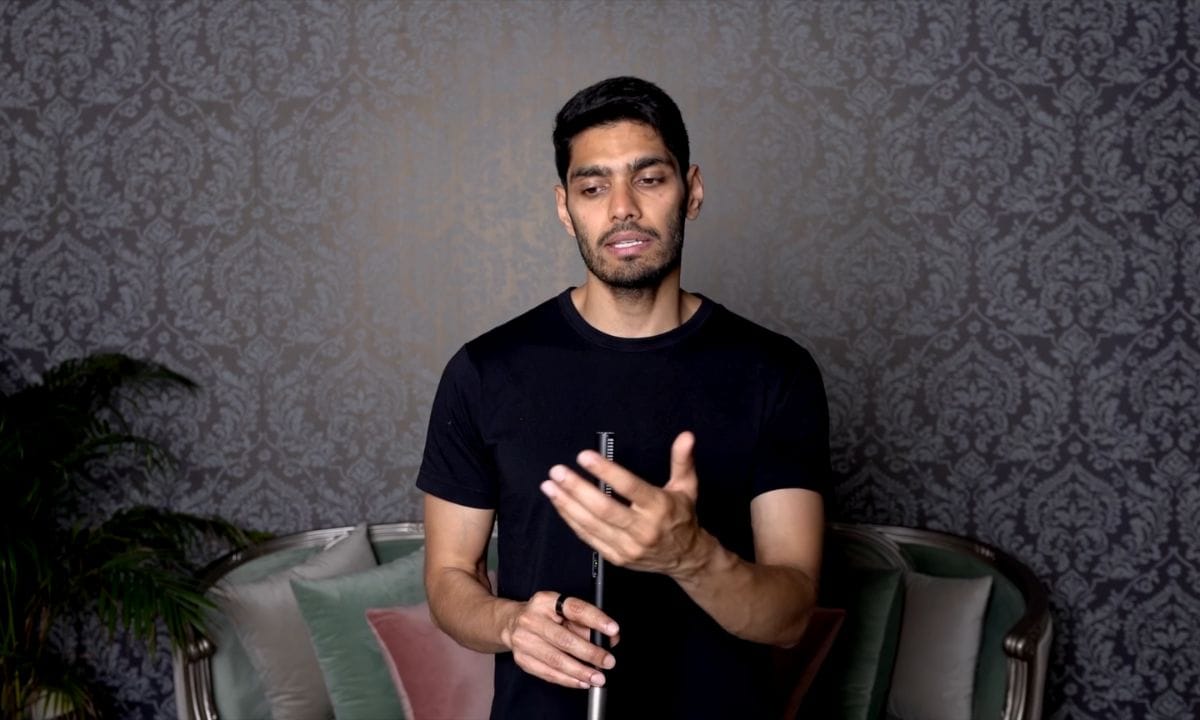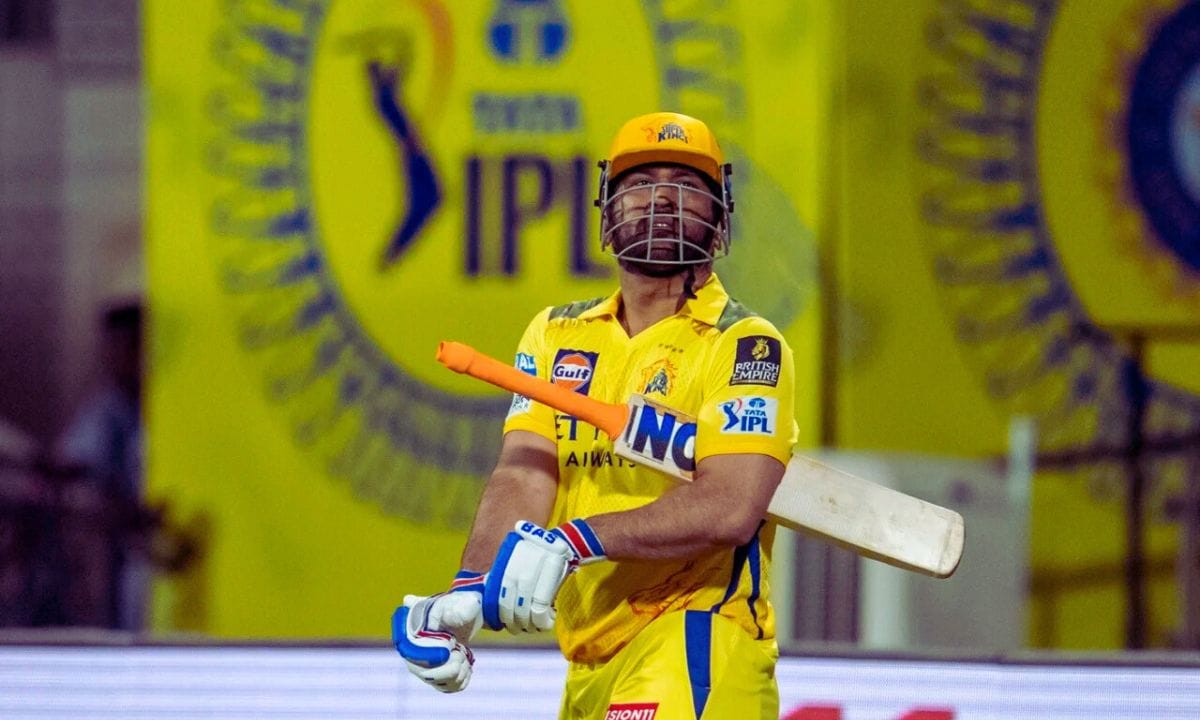Now Reading: YouTuber Mohak Mangal Alleges “Extortion Racket” by ANI Over Copyright Strikes
- 01
YouTuber Mohak Mangal Alleges “Extortion Racket” by ANI Over Copyright Strikes
YouTuber Mohak Mangal Alleges “Extortion Racket” by ANI Over Copyright Strikes

Popular Indian YouTuber Mohak Mangal has ignited a major controversy, openly accusing Asian News International (ANI), a prominent news agency, of operating an “extortion racket” through the strategic misuse of YouTube’s copyright strike system. Mohak’s detailed exposé has sent ripples across the Indian creator community, who are now rallying in support against what they describe as predatory practices.
Mohak Mangal, known for his analytical and evidence-based videos on political and social issues, brought the alleged scheme to light in a viral video. He claims that ANI initiated multiple copyright strikes against his videos, specifically for using a few seconds of their footage. Mohak firmly maintains that his use of the content falls under “fair use,” a provision in copyright law that allows limited use for commentary, criticism, or reporting. The gravity of these strikes lies in YouTube’s policy, where three such strikes can result in the permanent deletion of a channel, effectively wiping out years of a creator’s hard work and livelihood.
The YouTuber vividly recounted the sequence of events that led him to make these serious allegations. According to Mohak, an initial strike was issued on a 16-minute video that incorporated only 11 seconds of ANI footage. This was quickly followed by a second strike. He then claims he was contacted by an ANI representative who allegedly demanded a staggering ₹45 lakh (approximately $54,000 USD) to resolve the issue. Mohak described the representative’s alleged threat in stark terms: “You’ve only received two strikes now. Wait, you’ll get six more. We’ve filed a total of eight. Once your channel is deleted, you’ll beg to negotiate.”
Mohak’s exposé highlighted how ANI allegedly bypassed YouTube’s less severe tools, such as revenue-sharing or content claims, opting instead for the more punitive copyright strikes. He asserts that this strategy is designed to pressure creators into paying large sums, disguised as “penalties” or “subscriptions.” Mohak explicitly stated that ANI allegedly refused to consider smaller payments or revenue-sharing arrangements, insisting solely on lump-sum transactions. He even shared details of an alleged email from ANI demanding ₹45 lakh plus GST for a one-year license and strike removal, explicitly stating that failure to pay would lead to channel deletion.

The impact of Mohak’s allegations has been profound within the YouTube community. Fellow creators have voiced their outrage and solidarity. Nitish Rajput, a creator with millions of followers, posted publicly, “YouTube should take steps to make sure creators don’t end up feeling helpless after putting in years of hard work,” a sentiment that garnered widespread support. Dhruv Rathee, another influential voice, echoed Mohak’s concerns with stronger language, stating, “Full support to you. It seems like ANI is running an extortion racket. All creators need to unite against this.”
Mohak further claimed that his conversations with other creators revealed a pattern, with several allegedly admitting to having paid ANI between ₹18 lakh and ₹50 lakh to have copyright strikes removed. He also presented alleged phone call excerpts where an ANI employee reportedly offered to waive penalties in exchange for multi-lakh subscriptions to ANI’s video licensing service.
In a decisive move, Mohak Mangal has appealed directly to the highest levels of government. He announced that he has written to the Prime Minister’s Office and the Information and Broadcasting Ministry, calling for a thorough investigation into ANI’s practices. He urged other creators who have faced similar experiences to come forward and compile their evidence.
“This isn’t just about me,” Mohak declared, emphasizing the broader implications for the creator ecosystem in India. “It’s about whether creators in India will be hostage to extortion or protected by law.”
Mohak Mangal’s courage in publicly addressing these allegations has brought to the forefront a critical issue within the digital space, where the interpretation and enforcement of copyright law can significantly impact content creators. As this controversy gains traction, the onus is now on government bodies and platform operators to address these serious concerns and ensure a fair and equitable environment for all creators.













